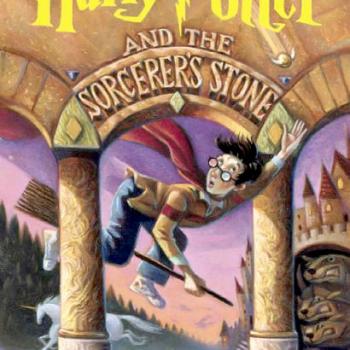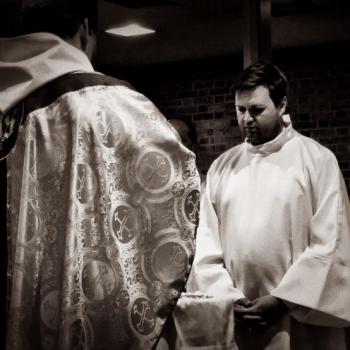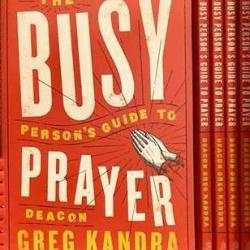That’s the provocative and sobering question that headlines this essay by Paul Elie in the New York Times Book Review this weekend:
If any patch of our culture can be said to be post-Christian, it is literature. Half a century after Flannery O’Connor, Walker Percy, Reynolds Price and John Updike presented themselves as novelists with what O’Connor called “Christian convictions,” their would-be successors are thin on the ground.
So are works of fiction about the quan daries of Christian belief. Writers who do draw on sacred texts and themes see the references go unrecognized. A faith with something like 170 million adherents in the United States, a faith that for centuries seeped into every nook and cranny of our society, now plays the role it plays in Jhumpa Lahiri’s story “This Blessed House”: as some statues left behind in an old building, bewildering the new occupants.
It’s a strange development. Strange because the current upheavals in American Christianity — involving sex, politics, money and diversity — cry out for dramatic treatment. Strange because upheavals in Christianity across the Atlantic gave rise to great fiction from “The Brothers Karamazov” to “Brideshead Revisited.” Strange because novelists are depicting the changing lives of American Jews and Muslims with great success.
I am the author of a book about four 20th-century American Catholic writers, and I am often asked who their successors are. Usually I demur. I observe that we look in the wrong places. I point out that Graham Greene and J. R. R. Tolkien were considered baffling in their time. I cite Matthew Arnold to the effect that ours is a critical age, not a creative one. I reflect that literature is created by individuals, not compelled by social forces.
Now I am writing a novel with matters of belief at its core. Now I have skin in the game. Now I am trying to answer the question: Where has the novel of belief gone?
Read the rest. Meantime, the non-fiction book about Catholic writers that Elie mentions, “The Life You Save May Be Your Own,” is superb.
Illustration by Todd St. John/New York Times












